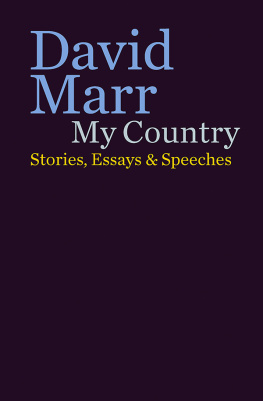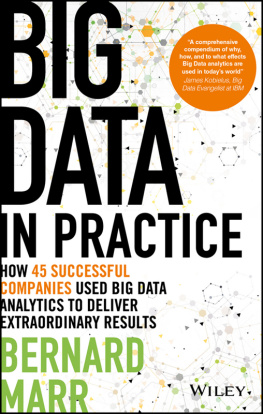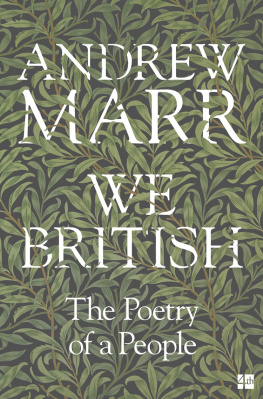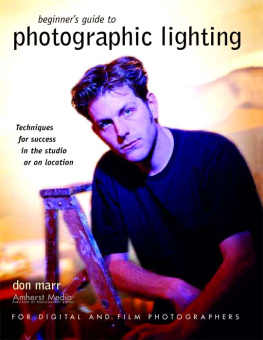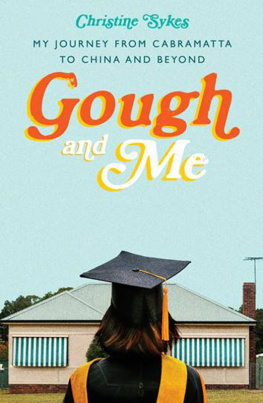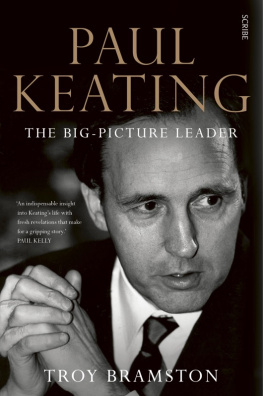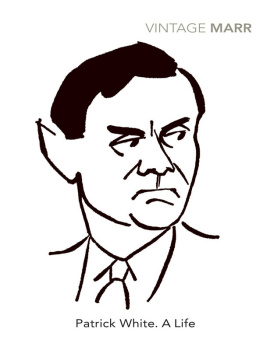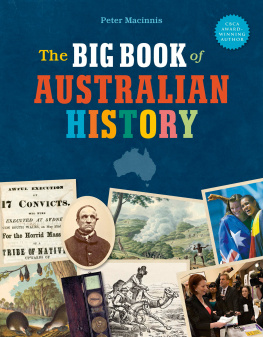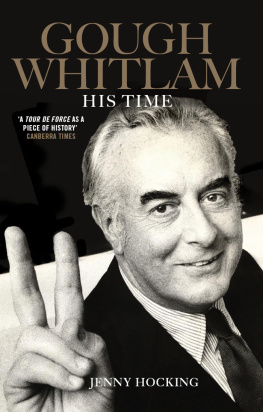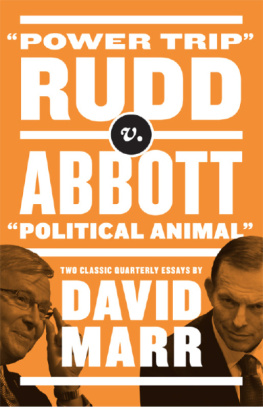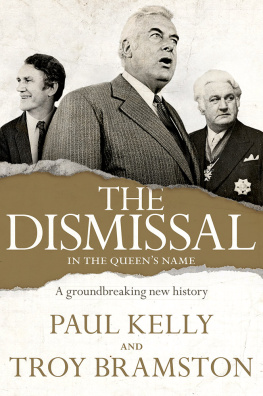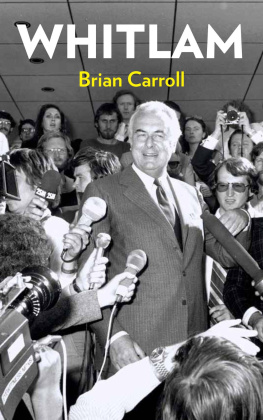Shame and forgiveness
I WAS FOURTEEN, standing on the deck of the ferry wearing a snazzy pair of white pants as it chugged across Port Hacking towards Camp Howard. What I couldnt admit to myself then is what I most vividly remember now: the erotic charge in the air. It was frightening and compelling. That week of messing about in the bush, swimming in deserted bays, sleeping out and listening to the Word was suffused with the promise of sex. Nothing happened but a lot happened. Some of it was ludicrous. One night in the dining hall we were given a sex education lecture. The slides werent of men and women but chooks. I still remember a cross-section of tubes and eggs, and awkward talk of reproduction as that hen glowed on the screen.
Afterwards, over cocoa heres the point a serious, handsome young man spoke intimately to a dozen or so of us about committing ourselves to Christ. I was deeply drawn to the idea of a man who could love me knowing all my faults, indeed who could love me for my faults, even for the worst of them. One day I would need to be saved, but Judgement Day seemed a long way off in 1961. On that night and at that moment I needed to fall in love, and here was this counsellor a radio sports commentator in later life telling me there was a man available: Christ. By a miracle that seemed obvious then, Christ would satisfy me and cure me and protect me from the worst fears I held for myself. I didnt have the courage to come forward over cocoa. Two did. I piked. But as I walked back to the tent I shared with half a dozen other boys on the edge of the bush, it struck me that I had committed myself at that moment to Christ. The future would be different now, pure, thrilling and safe.
The school chaplain had already been pursuing my soul for years, hammering on about sin and salvation. Three times a week we assembled in the chapel to be taught the only lesson Anglican schools in Sydney teach thoroughly: the need for all us awful human beings to be Forgiven. I wasnt convinced. There didnt seem anything worth forgiving, until sex came along. Uneasiness at thirteen was turning to shame at fourteen. This was the raw material I took across the water to Camp Howard. I couldnt have been the only one. We were there to be recruited and the counsellors knew what they were doing, setting us free in that stretch of bush and talking sin at the same time. They challenged us to take Christ into our hearts, but that first required deep acknowledgement of shame. First shame and then forgiveness. Thats their business.
You dont have to be a young queer for this to work. Theres a trace of self-disgust in most of us that can be worked up into shame, especially in those most difficult, precious years when we are on the threshold of sex. But a young homosexual is particularly easy pickings, fearful of himself, his family and the disapproval of his world. Christ offers a gay kid consummation of a kind, strength to resist sin, the minor heroics of teenage self-sacrifice, and a chance important for children living day-to-day with an undertow of shame to do good. That was the Christ I took into my life at the age of fourteen. It was a kind of falling in love, tepid compared with the real thing when that came along, but it was love nevertheless. What followed were a dozen wasted and painful years. I wasnt very brave. My circumstances werent desperate and I got out the other side with most of myself intact. But its left me unable to forgive those Christians who are still at work, inflicting misery on kids.
Where does shame come from? I look back to my childhood and cant remember anything being said. My parents had no idea what was happening. Children like me were bred in other suburbs to other families. Homosexuality was a vice too dark for the Anglican Church to condemn. All I heard from the pulpit were grim hints. I vaguely knew the Crimes Act promised a decade or so in the slammer and once in a while the afternoon papers had appalling stories of citizens caught in lavatories. The only instruction my school ever gave me came when I was seventeen and the senior year was in the assembly hall for a talk by the school doctor. It wasnt much of an advance on cross-sections of chooks. You can tell a homosexual, Dr Day said, and by my calculation about a dozen boys must, like me, have frozen with curiosity and terror. You can tell them by the dcor of their flats.
Though this advice has not been entirely useless
Silence was the most potent source of shame in my childhood. Preachers like Fred Nile claim Christians have the right to keep their children wrapped in cotton wool and campaign for the state to collaborate in that. For years I used to scoff at the pointlessness of trying to keep the young innocent in this way. My answer to the Fred Niles was that, try as they might, our subversive bodies will always tell us the truth. But I was missing the point. What censorship is really designed to achieve is the sort of silence that turns what our bodies tell us into shame. This calls for more than censorship of books and films. It also needs the censorship of learning. Those many Christians who still oppose sex education use the rhetoric of intimacy, innocence and faith. What theyre fundamentally about is cultivating shame.
If the clergy I met while I was a keen young Christian had been a more inspiring lot, I might have joined them. I was a shame-driven kid hungry for a spiritual life, but all I heard were Sydney Anglicans hammering out their formula for salvation. Even so, I thought a lot about joining the church in the year or so after Camp Howard. My reasons were muddled, but strong in the confusion was a sense that the church might be somewhere to shelter while I set myself right. It would be a respected response to my troubles. A cover and a cure. But I knew so little of what service to a church might mean; all I saw was the prospect of Anglican boredom for the rest of my life. My vocation was stillborn.
Talking to priests and ex-priests, trying to puzzle out why men commit their lives to religion, I heard over and again the familiar note of gay shame. Often it was deeply hidden or entirely disguised at the time it was doing its work. At first glance it seems an incongruous way of dealing with vilification to join the church of the vilifiers. But thats the beauty of shame. It drives you inwards towards the pain because somewhere in there is also the promise of relief. The churches offer pain and shame, but provide the mechanism of forgiveness and relief. Catholicism differs from other churches only in offering guilty young men the supreme reassurance of celibacy. For those who fear their sexuality, that vow of abstinence for life looms like a bulwark against temptation.
At some point after Camp Howard I made a solemn pact that by the time I left school for university I would stop feeling this way. I devised a number of spiritual exercises to make certain. These included prayer, daily Bible reading, eating, staying clear of the beach and not letting thoughts of men come into my mind when I wanked. Keeping a blank mind while masturbating seemed a significant moral achievement. There was one image I had trouble keeping out: Johnny M. diving into a creek at cadet camp. His body hung in the air for a moment, naked and beautiful, before it hit the water. That split-second has lasted forever, of course, but back then I thought I could lock it away with all my other troubles and contradictions, each in their separate cell. I suppose the idea was to turn myself into a prison, a sort of Pentridge for inappropriate emotions, then throw away the key and walk into university a free man.
I invested a decade of my life in the pursuit of a profound, sincere, determined and hopeless ambition not to be homosexual. Its an ordinary story with an ordinary ending. Christ failed me. So did alcohol. So did marriage. Whatever damage I did to myself along the way, I did worse to others I loved. Eventually the price of heaven proved too high and in my late twenties, with all these wasted years on my conscience, I set about doing what I might have done in my teens but for that problematic encounter with Christ over hot cocoa I began to try to live as myself.
Next page
